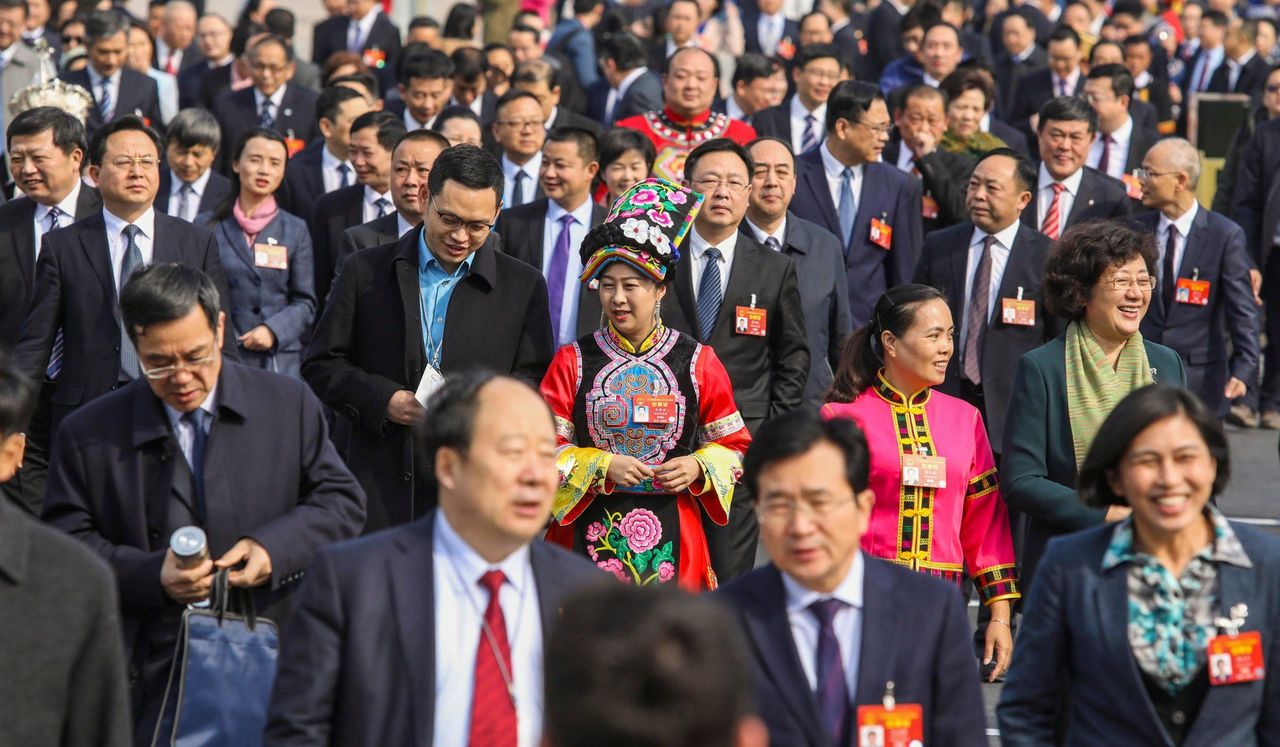Hong Kong News

Serving Hong Kong in the NPC has been an education and an honour
NPC, NPCSC, CPPCC. What layman can keep these acronyms straight? It’s a virtual word cocktail and hodgepodge of China’s political bodies.
Yesterday’s election ushers in 36 new deputies to represent Hong Kong in the NPC – the National People’s Congress. When I was first elected in the NPC in January 2008, we were in the midst of the country’s 11th five-year plan and Hu Jintao was president. Three five-year terms and 15 years later, I am retiring from the NPC with President Xi Jinping in power and the 14th five-year plan in play.
It has been an extraordinary and enlightening journey to be part of the NPC, China’s highest organ of state power. When I first started, I must admit that I had less-than-optimal knowledge about China, China’s political governance and its ambitious plans.
To be involved in the supervising enforcement of the nation’s constitution, enacting laws, and reviewing and approving national economic and social development plans for a nation of 1.4 billion people was heady stuff.
Meeting once a year for about two weeks, the NPC votes on important legislation and personnel assignments, among other items. Due to the limited nature of annual plenary sessions, the NPC delegates power to the NPC Standing Committee, which comprises 175 members and typically holds session once every two months when the NPC is not in session.
Some may be surprised to learn that the NPC is the largest legislative body in the world with 2,980 members. It is a diverse legislative body, composed of deputies elected from provinces, municipalities directly under the central government, armed forces, autonomous regions and special administrative regions, with representation from all 56 ethnic minorities.
 Delegates arrive to attend a session of the NPC meeting on March 8, 2019, at the Great Hall of the People in Beijing.
Delegates arrive to attend a session of the NPC meeting on March 8, 2019, at the Great Hall of the People in Beijing.I also learned that the five-year plans are not just hopes on a page, but actual templates for action and completion. When China does something, it does it big and bold. No one can accuse it of not dreaming big, with goals from building out tens of thousands of kilometres of high-speed rail, to moving entire coastal regions from being the “world’s factory” to hubs of research and development and service, to moving up the value chain by innovation-driven technology development, to attaining carbon neutrality no later than 2060.
I was most impressed by the audacity of the goal in late 2015 of eradicating extreme poverty in China by the end of 2020, especially given that it would involve lifting more than 70 million people out of poverty within five years. Talk about a tough key performance indicator!
The Chinese government officially committed to the goal and pledged to eliminate the “two worries” (inadequate food and clothing) and provide “three guarantees” (access to health care, education and housing). I was further in awe when the country actually achieved it!
Who can fail to be astounded by the bigger picture – in just 40 years, China has lifted close to 800 million people above the international poverty line as defined by the World Bank. This is equivalent to over two times the population of the United States, and accounts for close to 70 per cent of the global reduction in extreme poverty.
I was humbled by the scale and breadth of issues facing the nation and by how much proficiency I needed to gain to be well versed in my understanding of the challenges and opportunities.
Serving on the NPC also gave me perspective on Hong Kong. At the end of the day, we are a small city among China’s 1.4 billion people. If Hong Kong is to cement its role in the world’s most populous country and second-largest economy, we need to learn more about the complexities of China. If we are to serve as a connector to the mainland, we need to learn about its challenges and how we can add value.
My time serving on the NPC has been illuminating and instructive in equal measure. I hope that others serving after me will also find this to be true. I stand grateful for the opportunity.











